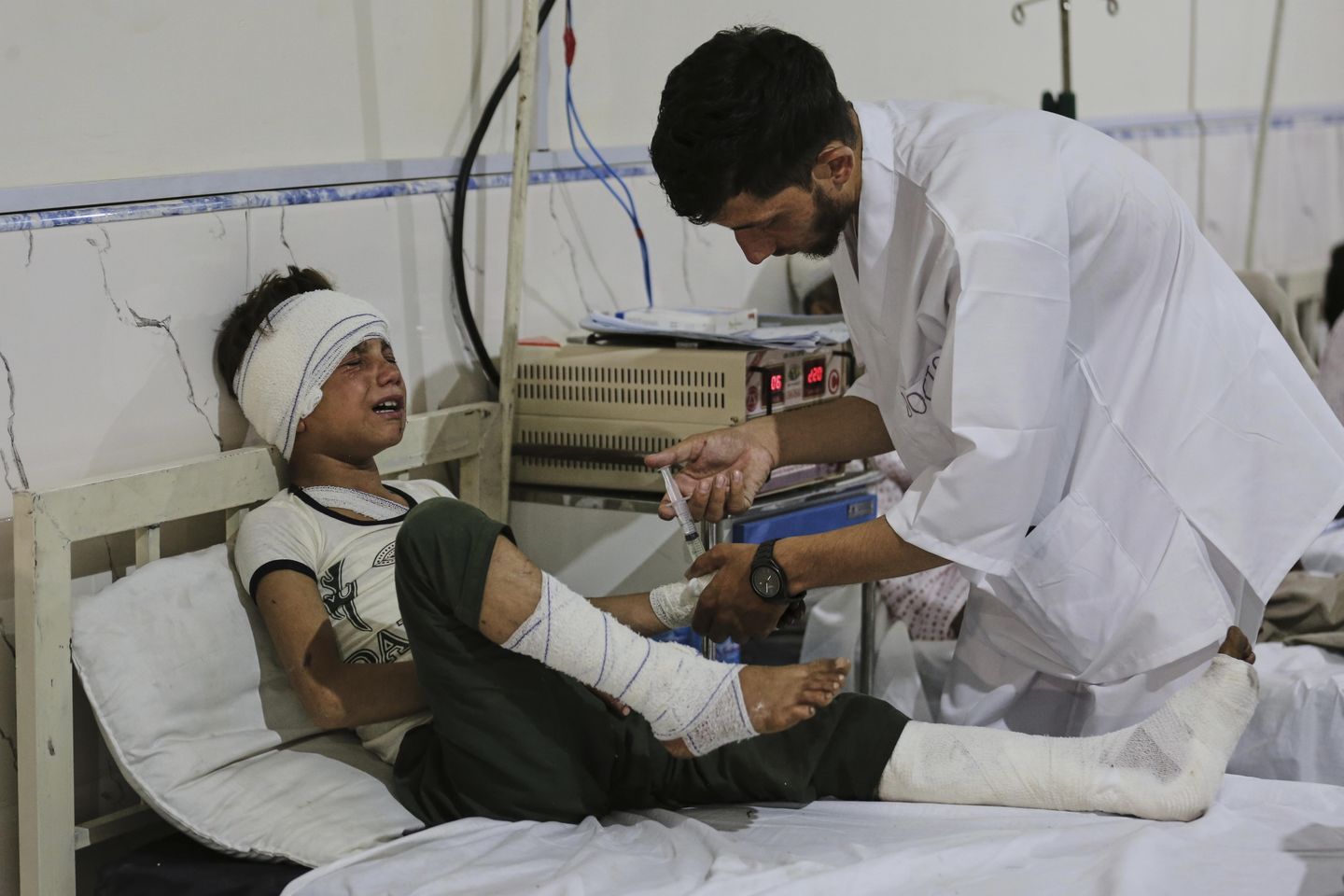
BRUSSELS — The U.N.’s migration agency is appealing for funds for around 134,000 people who need help in Afghanistan, nearly two weeks after an earthquake killed more than 2,200 people in the country’s mountainous east.
Many of the quake-hit Afghans are homeless, sleeping in the open and desperate to return and rebuild. Aid organizations are struggling to get tents and other assistance up the mountains and winter weather is expected in the coming weeks.
“We don’t want to create a camp” for the displaced, said the International Organization for Migration’s chief of mission in Afghanistan told The Associated Press.
“Those who are displaced … they’re living in a makeshift type of situation,” Mihyung Park said in Brussels, after holding talks with European Union officials.
“We are trying to provide our assistance as close we can” to their current location, she added.
The deadly magnitude 6.0 quake on Aug. 31 and aftershocks that followed also injured more than 3,600 people, Afghan authorities have said. Many hard-hit areas are tough to get to, with some only reachable by helicopter. The IOM said that more than 7,000 homes were destroyed. Nearly half a million people have been affected in all.
Afghanistan was already facing multiple crises, including the return of more than 1.7 million Afghans from Iran and Pakistan in 2025, large-scale internal displacement, and severe economic hardship.
Park said Afghans rely heavily on EU assistance, particularly since the United States stopped sending funds after the Taliban seized control of Afghanistan in August 2021 as U.S. and NATO troops pulled out of the country, ending America’s longest war.
That support is even more important as Western countries cut development and humanitarian aid budgets to spend more on their defense, leaving less money for disaster and other support.
“There are many crises in the world,” Park said. Speaking of Afghanistan, she added that IOM is “very afraid that it’s being forgotten.”
The plight of Afghan women is of particular concern. Since the Taliban seized power, they have imposed their interpretation of Islamic law on daily life, including sweeping restrictions on women and girls.












